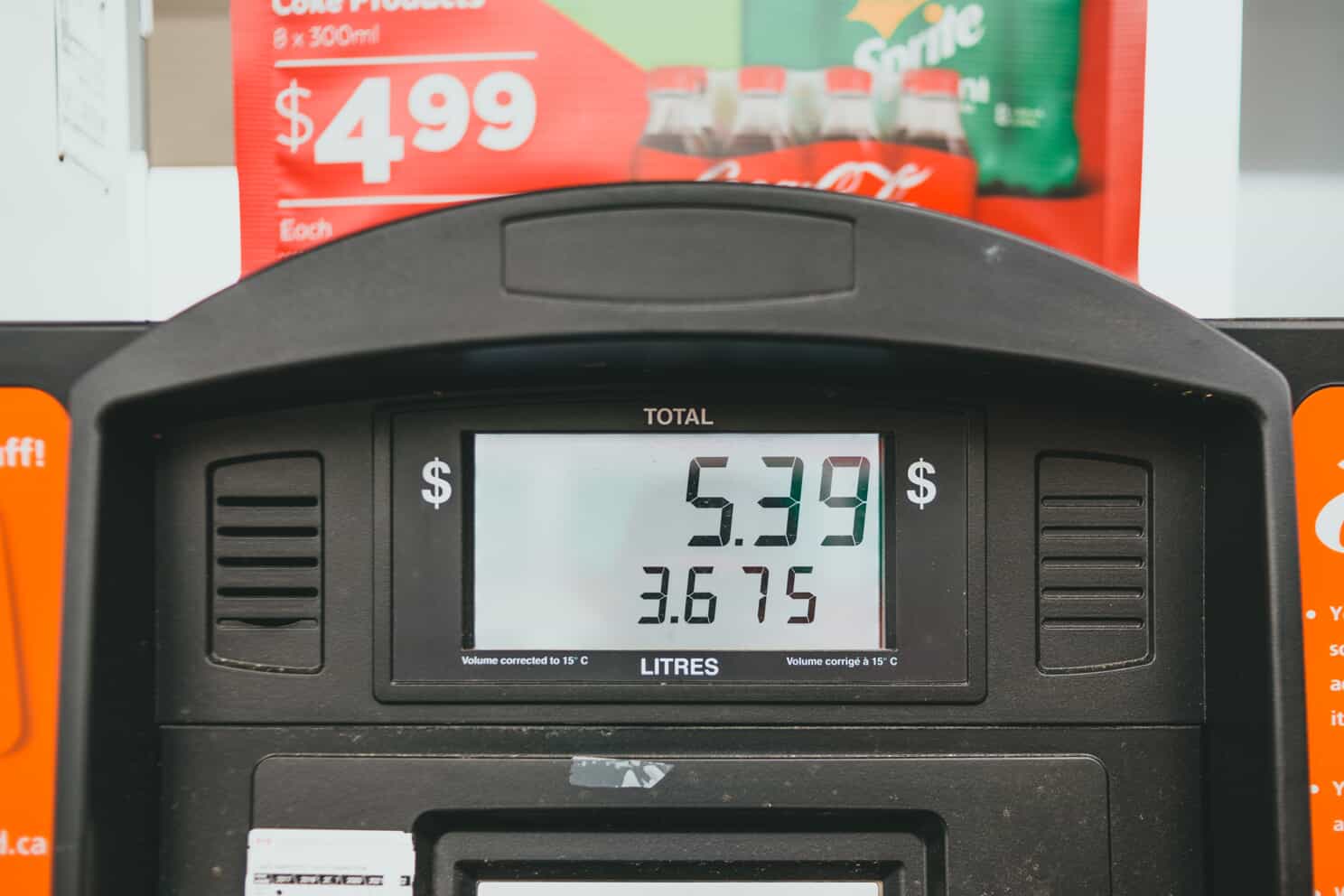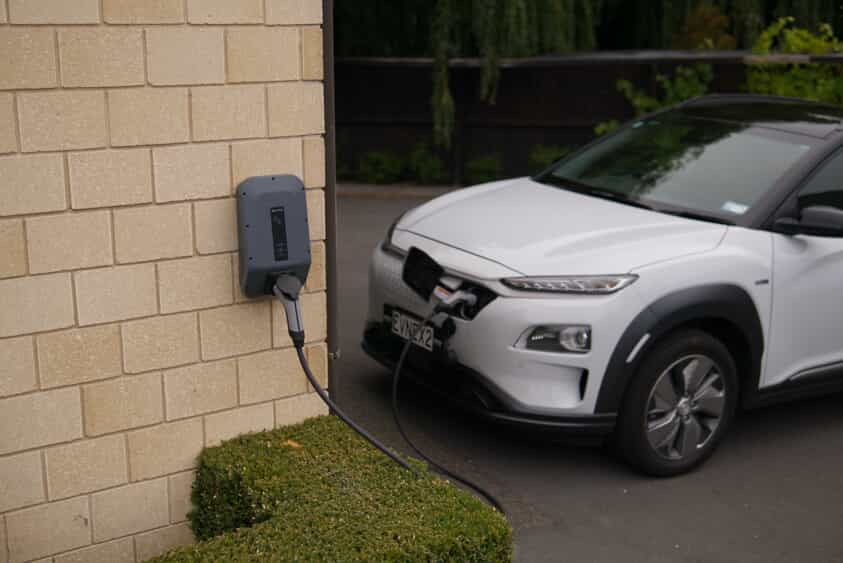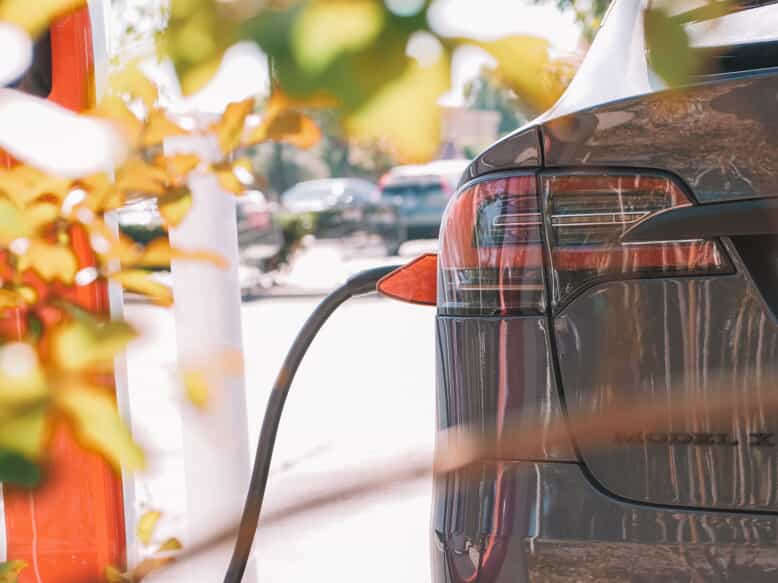How Long Does It Really Take to Charge Your EV?
In a world where technology rapidly paves the way for change, the automobile industry has experienced a transformation like no other. Electric Vehicles (EVs) have emerged as both a symbol of progress and a solution to environmental concerns.
As these silent machines start to dominate our roads, and adoption rises, one of the biggest questions potential EV owners have is how long does it actually take to charge an EV? And, while there isn’t a straightforward answer, we’re going to walk you through everything you need to know.
Understanding EV Batteries and Factors Affecting Charging Time

Before we dive into the nitty-gritty of charging times, it's essential to understand the heart of any EV: the battery. EV batteries are different from your typical AA batteries. Made up of hundreds of smaller cells, these batteries store electricity and power the electric motor, which in turn moves the vehicle.
Battery Size
An EV's range—how far it can go on a single charge—is primarily determined by its battery size, which is measured in kilowatt-hours (kWh). Think of this as the "fuel tank" of the electric car. Larger tanks (or in this case, batteries) will naturally take longer to fill up, but they will also provide a longer driving range.
State of Charge
An EV's battery can range from entirely empty to fully charged. Interestingly, it charges faster from 0% to 80% than it does from 80% to 100%. This is because of internal mechanisms designed to protect the battery's life span and efficiency.
Charger Type and Power
Just as there are different grades of gasoline for traditional cars, EVs have a variety of chargers:
Level 1: Uses a standard 120V AC outlet and is the slowest option.
Level 2: Operates on 208-240 V AC and is commonly found in homes, workplaces, and some public stations.
DC Fast Charging (DCFC): Offers the quickest charge and is available at specialized public stations.
The power output of these chargers, given in kilowatts (kW), directly affects the charging speed.
Vehicle Onboard Charger Rate
While the external charger provides the power, the vehicle's onboard charger decides how quickly the battery can be filled. This often-overlooked component can be the limiting factor in charging times.
Environmental Conditions
External factors like temperature can impact charging. Cold weather can reduce the efficiency of the charging process, while extreme heat might pose challenges for battery life if frequently exposed.
How Long Does it Take to Charge Your Car at Home?

Charging your EV at home offers unmatched convenience, but the time it takes is contingent on the type of setup you have.
Level 1 Charging (Standard Outlet)
Using a regular household outlet, this method typically offers 2-5 miles of range per hour. For a battery that supports a 150-mile range, you're looking at about 40-50 hours for a full charge from an empty battery.
Pros:
- No need for specialized equipment.
- Can be done overnight during off-peak electricity hours for potential savings.
- Offers the utmost convenience.
Cons:
- Considerably slower.
- Might not be sufficient for EVs with larger batteries or those needing a quick turnaround.
Level 2 Charging (Home Charging Equipment)
With this setup, you're looking at gaining 10-20 miles of range for every hour of charging. For that same 150-mile battery, you'd be looking at approximately 4-10 hours for a full charge from zero.
Remember, while home charging might seem slower, especially when compared to DCFC, it's often more cost-effective and can be done overnight when the car is idle.
Pros:
- Significantly faster than Level 1.
- Adds value to the property with dedicated EV charging infrastructure.
- Can still take advantage of off-peak electricity rates.
Cons:
- Requires an initial investment in equipment and potentially installation costs.
- Might need a home electrical system upgrade.
How Long Does it Take to Charge Your Car at a Charging Station?

The time it takes to charge your EV at a public charging station largely depends on the type of charger you're using and the current state of your battery. As a rough guide, it could be anywhere from 20 minutes to 10 hours.
Level 2 Public Chargers
These are more common and offer charging times similar to home-based Level 2 chargers. For a completely depleted battery, it can take anywhere between 4-10 hours for a full charge, depending on the vehicle and battery size.
Pros:
- Available in many public locations like shopping malls, parks, and office complexes.
- Faster than Level 1 charging.
- Some locations might offer free charging as an incentive.
Cons:
- Slower than DCFC.
- Can be occupied during peak times, leading to wait times.
- Some stations may have higher per-hour costs than home charging.
DC Fast Charging (DCFC)
These are the speed champions of the public charging world. A typical DCFC can charge most EVs up to 80% in just 20 minutes to an hour.
However, it's essential to note that not all EVs are compatible with DC fast chargers, and frequent use might affect battery longevity.
Pros:
- Exceptionally fast, making them ideal for long trips.
- Conveniently located along highways or major travel routes.
- Multi-payment options, from credit cards to mobile apps.
Cons:
- Not all EVs are compatible.
- Frequent use might affect battery health.
- Typically more expensive than other charging options.
So, How Long Does it Really Take to Charge Your EV?
Type of Charger | Level 1 | Level 2 | DC Fast Charging |
Voltage | 120 V AC | 208-240 V AC | 400 V-1000 V DC |
Typical Power Output | 1kW | 7kW-19kW | 50kW-350kW |
Estimated PHEV Charge Time from Empty | 5-6 hours | 1-2 hours | N/A |
Estimate BEV Charge Time from Empty | 40-50 hours | 4-10 hours | 20 minutes - 1 hour |
Estimated Electric Range per Hour of Charging | 2-5 miles | 10-20 miles | 180-240 miles |
Typical Locations | Home | Home, Work, Public | Public |
Table source: US Transport Department
Here’s a guide to choosing the right EV charger to ensure you’re charging as efficiently as possible.
Conclusion
When considering an EV, understanding the charging process is crucial. Charging times can vary based on several factors, from the battery's size and state of charge to the type of charger used. By familiarizing yourself with these aspects, you can make informed decisions before purchasing an EV, ensuring the vehicle aligns with your lifestyle and travel needs.

